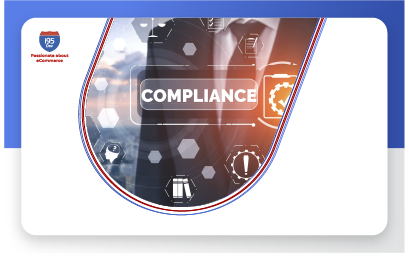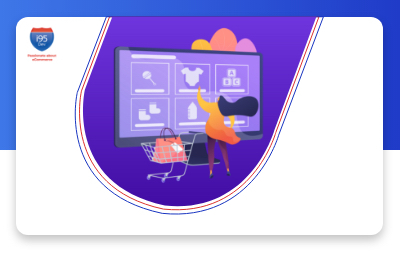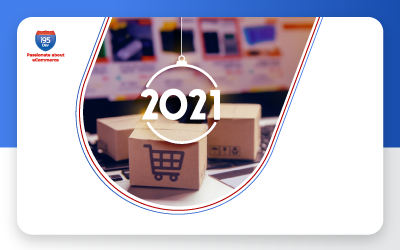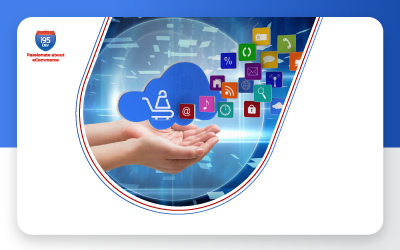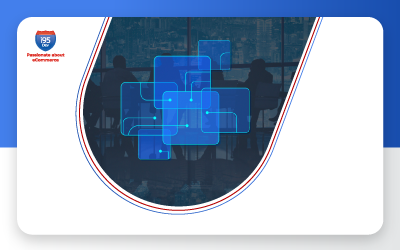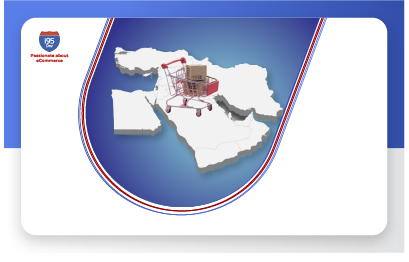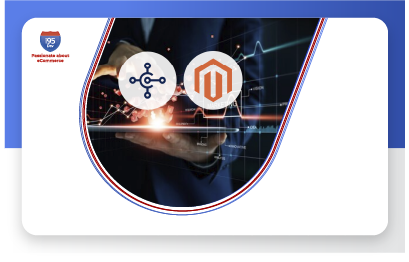Customer experience, it is one of the most crucial aspects of any industry today. While many businesses use and rely on CRM and ecommerce to improve customer experience, they fail to see the role and capabilities of the ERP system in achieving that; many of eCommerce features on websites are all about making ERP functions customer facing. A robust ERP solution has a significant impact on aspects like planning & procurement, supply chain, distribution and sales process; which when improved can enhance customer experience.
What Constitutes as Customer Experience?
There are a number of things which contribute to the user experience. From ease of finding the right product, enough product information, simplified checkout process, transparent shipping terms, and multiple payment options at pre sales to invoice and order status notification, timely product delivery, product packaging, product quality and after sales service they all contribute to customer experience.
According to the IDC Manufacturing Insights report “Get Customers Inspired: How Modern ERP Can Support Greater Customer Experience” the following factors were observed to have an adverse impact on the customer experience.
- Lack of accurate and timely information
- Lack of integration and collaboration with other stakeholders
- Lack of information availability because of organization and information silos
- Legacy and rigid IT systems
- Lack of back-office and front-office integration
Role of ERP in Customer Experience
ERP is central to everything that contributes towards customer experience. For example most of the product information, including inventory, resides in the ERP system, the payment processing and fulfillment happens from the ERP system and most customer service representatives rely on information in the ERP system to better service their customers.
- Make information available with eCommerce and ERP Integration
For businesses to deliver an enhanced shopping experience to their customers time and again, all the above mentioned services must work in conjunction with each other. This would require the disparate systems, like eCommerce and ERP, to communicate and work with each other. With integration ERP system enables the flow of information among all functions including eCommerce.
i95Dev has out of the box products for Magento and Dynamics GP integration, Magento and Dynamics AX integration and Magento and Dynamics NAV integration. The integration not only eliminates the manual data entry efforts and reduces errors but also requires you to manage and maintain one of the systems instead of both.
For more benefits download our ebook “Reasons for ERP and eCommerce Integration”
- Streamline Processes
The ERP system manages information which helps in streamlining process at procurement, supply chain, order fulfillment, inventory management, financial management, etc. These streamlined and efficiently run processes ultimately have an impact on customer experience because they impact product quality, high adherence to product specifications, accurate information availability, timely order fulfillment, etc.
- There is more to being Customer Centric
There is more to being completely customer centric. ERP also helps with supplier collaboration, back-office and front-office information sharing (product and sales team) and better customer issue resolution. All these factors then directly or indirectly contribute towards building the customer experience.
In conclusion, an ERP system plays a crucial role in customer experience and unless you have a robust ERP system, you cannot reach your full potential.
This has been a blog post on Role of ERP in building Customer Experience. What are your thoughts on it? Share your feedback and suggestions by commenting below.






